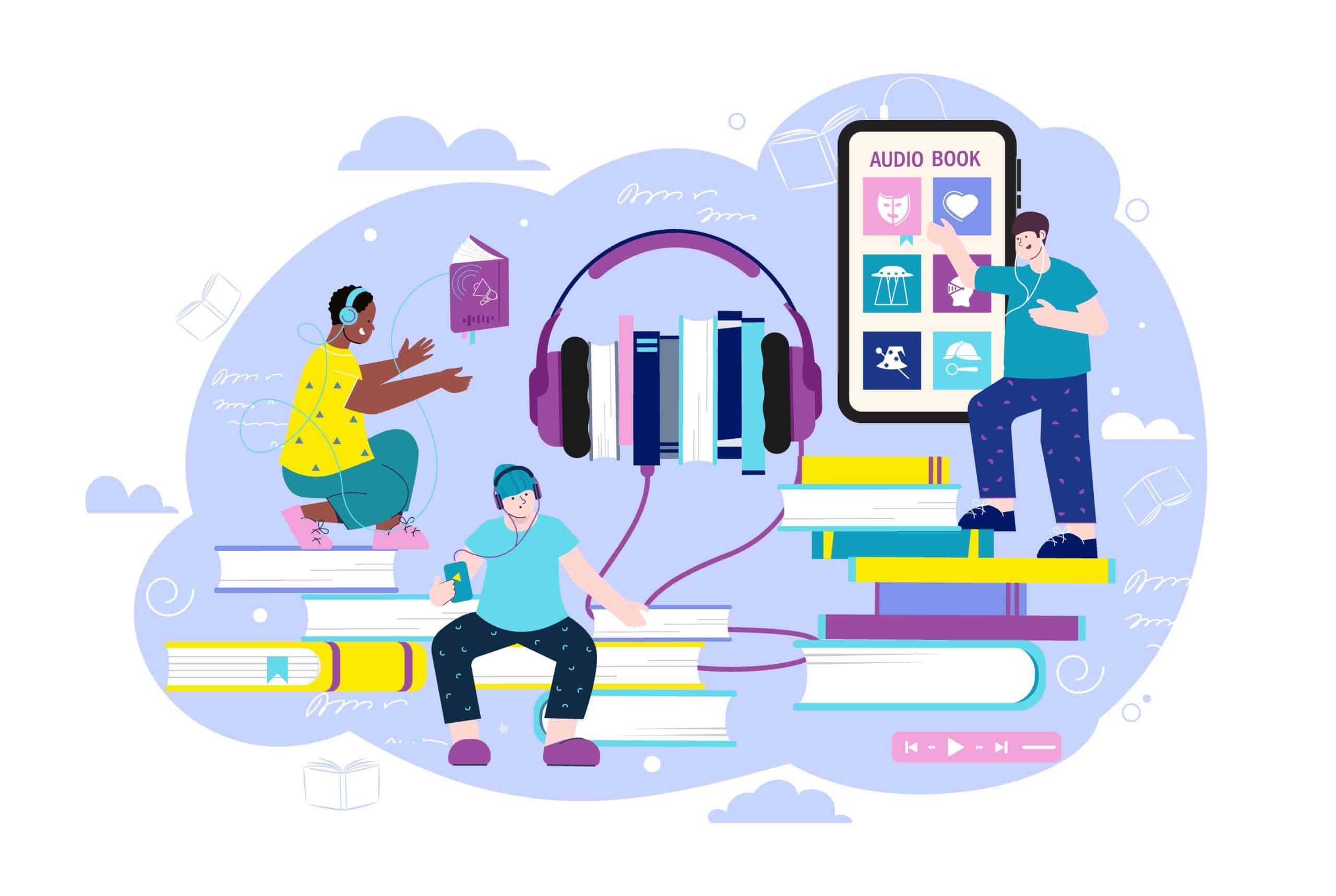Clutter and overconsumption have become significant concerns in modern society, affecting both our physical spaces and emotional health. The emotional impact of clutter and overconsumption is far-reaching, leading to stress, anxiety, and feelings of inadequacy. With an increase in consumerism and the constant bombardment of marketing messages, it’s easy to see how the accumulation of things—both physical and mental—can contribute to a decline in mental well-being. This article explores how these two factors intertwine and offers insights into managing them to improve emotional health.

Understanding Clutter and Overconsumption
Clutter is more than just a physical phenomenon. It’s a state of accumulation that often extends beyond material goods to include emotional, mental, and digital clutter. Overconsumption, which refers to the acquisition of unnecessary items or resources, often goes hand in hand with clutter, creating a cycle that’s hard to break.
While the consumer culture of today encourages individuals to collect more, often through targeted advertising and instant gratification, the underlying effects of such practices can be more harmful than many realize. The constant need to keep up with trends, buy the latest products, or fill empty spaces can lead to both physical and psychological clutter that drains energy and disrupts overall well-being.
The Emotional Consequences of Clutter
Research has shown that physical clutter in one’s environment can directly influence mental health. A cluttered home or workspace can create feelings of chaos, making it difficult for individuals to focus, relax, or feel at peace. This environment of mess can lead to stress, overwhelm, and even feelings of guilt, as individuals may associate the clutter with their inability to control their surroundings.
Here are some of the emotional impacts of clutter:
- Increased Stress and Anxiety
A cluttered space is often a constant visual reminder of unfinished tasks and the accumulation of items that are no longer needed. This persistent disorganization can elevate cortisol levels (the stress hormone), leading to heightened anxiety and an overall sense of unease. - Reduced Productivity
When a space is cluttered, it becomes harder to concentrate and be productive. The constant distractions in the environment can overwhelm the brain, preventing it from focusing on essential tasks. - Feelings of Overwhelm
As clutter builds up, the sheer volume of things to deal with can lead to feelings of overwhelm. This can manifest as an inability to take action or even as procrastination, where one avoids facing the clutter altogether, creating a vicious cycle. - Negative Self-Perception
People with cluttered homes may also feel that their space reflects their ability to manage their life. This can lead to feelings of inadequacy, shame, or guilt. The emotional toll of these negative self-perceptions can contribute to a decrease in overall mental health.
The Role of Overconsumption in Mental Health
Overconsumption, whether it’s buying more items than necessary or consuming excessive media and information, contributes significantly to both emotional and mental clutter. This behavior often stems from societal pressures, marketing tactics, and the desire for instant gratification.
The emotional toll of overconsumption can be even more profound when individuals begin to feel that their worth is tied to the things they own or the digital content they consume. This connection leads to a cycle of acquiring more in an attempt to feel fulfilled, but it ultimately leaves individuals feeling unfulfilled and anxious.
Here are some emotional consequences tied to overconsumption:
- Financial Stress
Overconsumption often results in overspending, which can lead to financial instability. The anxiety and stress that stem from worrying about debts or managing expenses can have a significant emotional impact, leading to feelings of insecurity. - The Impact on Self-Worth
The acquisition of material goods can create a false sense of self-worth, where people equate their value with the number of things they own. This mindset contributes to a constant desire for more, leading to emotional exhaustion and dissatisfaction. - Social Comparison and Envy
The overconsumption of media—particularly social media—can contribute to a negative emotional state. Constant exposure to others’ curated lifestyles and possessions can lead to feelings of inadequacy, jealousy, and envy, which affect one’s mental well-being. - Disconnection from Meaningful Experiences
When overconsumption becomes a habit, individuals often lose sight of more meaningful pursuits. They may focus more on acquiring possessions rather than spending time with loved ones or engaging in hobbies that promote mental health and well-being.
How Clutter and Overconsumption Affect Mental Health
The emotional impact of clutter and overconsumption isn’t just about feeling stressed or anxious—it can also affect one’s long-term mental health. Studies have found that chronic stress caused by clutter and overconsumption can increase the risk of depression and anxiety disorders. Additionally, the feeling of being out of control in one’s environment can lead to a sense of helplessness, contributing to a decline in emotional resilience.
- Chronic Stress
As clutter and overconsumption contribute to daily stress, the body’s ability to cope becomes compromised. This can lead to burnout, exhaustion, and emotional breakdowns. Long-term exposure to high levels of stress can have serious health implications, including weakened immune function, poor sleep, and digestive problems. - Isolation
The emotional strain of clutter and overconsumption can cause people to retreat from their social circles. They may avoid inviting friends or family over because of their messy living space or hide their financial troubles. This isolation can lead to feelings of loneliness and contribute to depression. - Lack of Mindfulness
Overconsumption and clutter can prevent individuals from being present in the moment. When people are constantly focusing on acquiring new things or dealing with the overwhelming mess around them, they miss out on mindfulness—one of the most effective tools for managing stress and improving emotional health.
Practical Tips to Manage Clutter and Overconsumption
To mitigate the emotional impact of clutter and overconsumption, individuals can take proactive steps to manage their environment and consumption habits. Here are a few practical strategies:
- Declutter Your Physical Space
Start by organizing your physical environment. Decluttering not only makes your space more visually appealing but also provides a mental reset. Consider donating or recycling items that no longer serve you. The goal is to create a space that fosters peace, relaxation, and productivity. - Limit Consumption
Being mindful of what you consume, both materially and digitally, can reduce the emotional toll of overconsumption. Try implementing a “one-in, one-out” rule for items you purchase, and limit your time spent on social media to avoid feelings of comparison and envy. - Practice Mindfulness and Meditation
Mindfulness practices can help reduce stress and bring you back to the present moment. Regular meditation, journaling, or breathing exercises can help you manage emotional clutter and cultivate a healthier relationship with your environment. - Set Intentional Goals
Set clear, intentional goals regarding what you want to acquire, both in terms of possessions and experiences. Having specific goals helps combat impulsive buying and encourages you to prioritize things that add true value to your life. - Simplify Your Life
Consider adopting a minimalist approach by focusing on quality over quantity. This can apply to material possessions, daily routines, and digital consumption. By simplifying, you create more space in your life for meaningful experiences and mental clarity.
Conclusion
The emotional impact of clutter and overconsumption cannot be underestimated. These issues not only affect our physical spaces but also our mental and emotional well-being. By understanding the emotional consequences of clutter and overconsumption, individuals can take steps toward creating a healthier, more balanced environment that supports both their mental health and overall quality of life.
References
- Roster, C. A., & Spinks, T. (2019). The Psychological Effects of Clutter: An Exploration into Organizational Habits. Journal of Environmental Psychology, 65, 101-110.
- Neff, K. D., & Germer, C. K. (2013). A Pilot Study and Randomized Controlled Trial of the Mindful Self-Compassion Program. Journal of Clinical Psychology, 69(6), 643-654.
- Van Bavel, J. J. (2020). How Social Media Shapes Our Behavior and Perceptions. Psychology Today.






